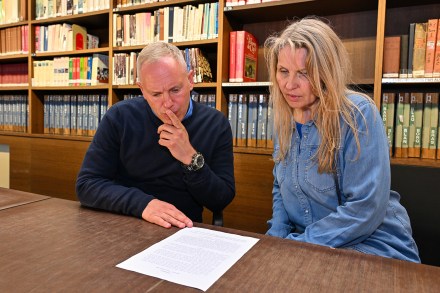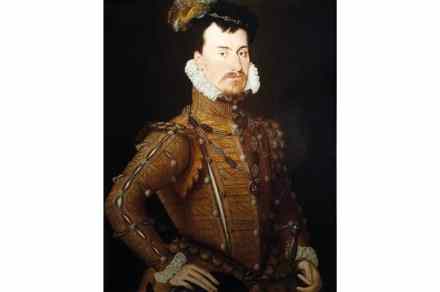The lion and the unicorn were fighting for the crown
Elizabeth I died at Richmond Palace on 24 March 1603 at the age of 69 after a reign of 45 years. Her health had been poor from the early 1590s onwards: arthritis, gastric disorders, chronic insomnia and migraines were just some of the ailments which plagued her. Yet, uniquely among English monarchs, she refused to make provision for the succession. James I made great efforts to ensure that his escape from the Gunpowder Plot would not soon be forgotten From Tudor to Stuart is Susan Doran’s enthralling account of the behind-the-scenes manoeuvres of those who had a viable claim to succeed the Virgin Queen. The group included the Habsburg Isabella




